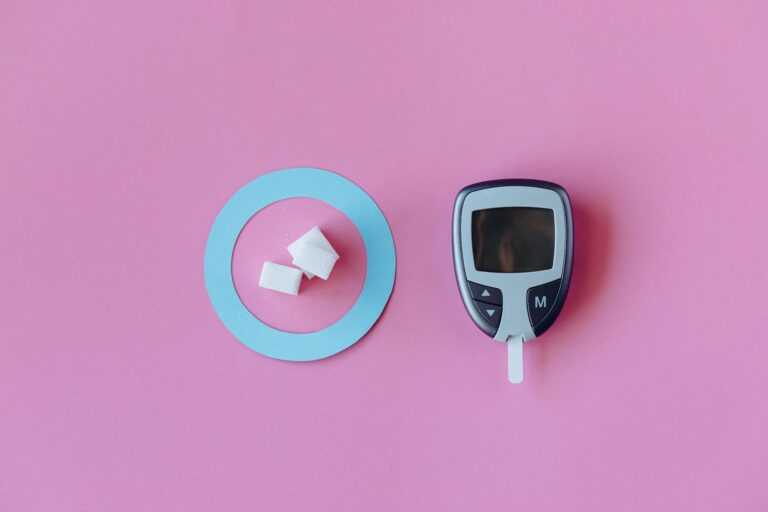Dementia is a progressive condition that affects the brain and is most commonly seen in older adults. It is not a specific disease, but rather a general term used to describe a decline in cognitive function. Early detection of dementia is important as it can help individuals and their loved ones plan and prepare for future care needs. In this article, we will discuss 10 early signs of dementia that should not be ignored.
1. Memory Loss:
It is normal to forget things from time to time, especially as we age. However, constant forgetfulness and difficulty in retaining new information could be an early sign of dementia. Forgetting important events, repeating questions or conversations, and relying heavily on memory aids are all red flags that should not be ignored.
2. Difficulty with Completing Familiar Tasks:
Individuals with early signs of dementia may struggle with completing tasks that they were once familiar with. This could include forgetting how to cook a favorite meal, getting lost while going to a familiar place, or having trouble following a recipe.
3. Confusion with Time and Place:
Losing track of time and getting confused about the day, date, or location can also be an early sign of dementia. This could be seen in individuals missing appointments, forgetting important dates or even getting lost in their own neighborhood.
4. Changes in Mood and Personality:
Dementia can cause changes in mood and behavior. Individuals may become more irritable, anxious, or suspicious. They may also experience changes in their personality, becoming more withdrawn or apathetic.
5. Difficulty with Language:
Struggling to find the right words or having trouble following a conversation can also be an early sign of dementia. This could include repeating sentences or using incorrect words while speaking.
6. Trouble with Everyday Tasks:
As dementia progresses, individuals may find it challenging to perform daily tasks such as dressing, bathing, or grooming. They may also have difficulty with basic household tasks like managing finances or paying bills.
7. Poor Judgment and Decision Making:
Individuals with dementia may exhibit poor judgment and decision-making skills. This could include falling for scams, making impulsive purchases, or having difficulty understanding the consequences of their actions.
8. Withdrawal from Social Activities:
People with early signs of dementia may begin to withdraw from social activities and hobbies that they once enjoyed. They may lose interest in spending time with friends and family or participating in activities that require mental effort.
9. Repetitive Behavior:
Repetitive behavior is a common early sign of dementia. This could include repeating the same questions or stories, performing the same tasks over and over, or insisting on a set routine.
10. Difficulty with Spatial Awareness:
In the later stages of dementia, individuals may struggle with spatial awareness, making it challenging for them to navigate their surroundings. This could lead to frequent falls or accidents.
It is essential to remember that everyone experiences dementia differently, and the symptoms may vary from person to person. Some individuals may exhibit all of these early signs, while others may only show a few. It is crucial to seek medical attention if you notice any of these signs in yourself or a loved one.
In conclusion, early detection of dementia can help individuals and their families plan for the future and make necessary arrangements for care. If you or someone you know is exhibiting any of the above signs, do not delay seeking medical advice. With proper care and support, individuals with dementia can continue to live fulfilling lives.





